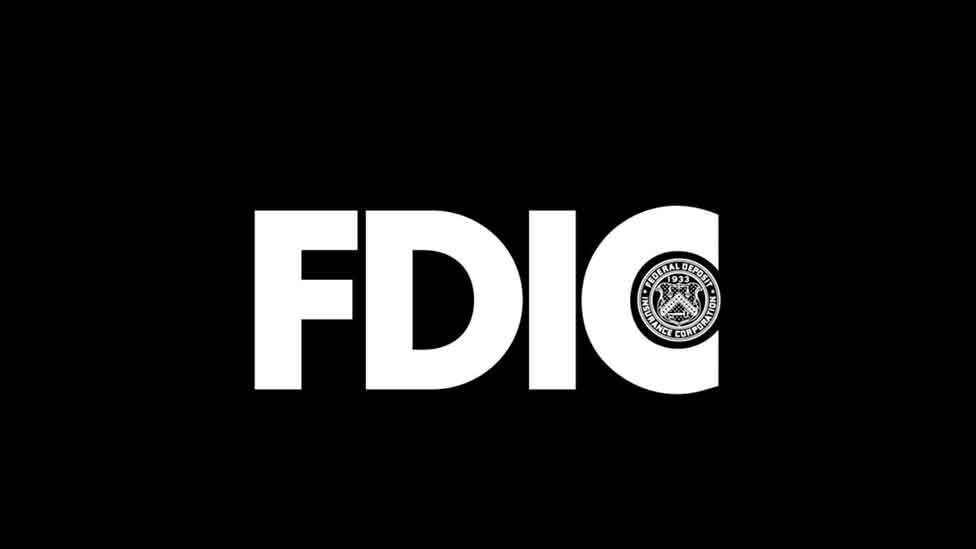Washington, April 8, 2024 A significant regulatory change that could hasten the expansion of digital asset services is being signaled by the Federal Deposit Insurance Corporation’s (FDIC) audacious efforts to encourage the adoption of cryptocurrencies and blockchain technology within the American banking system.
Acting FDIC Chairman Travis Hill outlined comprehensive changes to the agency’s stance on cryptocurrency in a keynote address at the American Bankers Association’s Washington Summit, eliminating significant barriers for banks wishing to adopt blockchain technology.
Regulatory Barriers Lifted, Clarity Sought
Hill revealed that the FDIC has scrapped its prior notification requirement, which had effectively deterred banks from engaging in crypto-related activities. Under the new policy, FDIC-supervised institutions no longer need pre-approval to offer permissible digital asset services.
“FDIC-supervised banks may now participate in crypto-related activities just as they would any other approved banking service,” Hill stated. “The focus is on enabling innovation while maintaining strong risk management.”
The agency is also considering whether to provide clearer guidelines on which crypto services are permissible, referencing past rulings by the Office of the Comptroller of the Currency (OCC) on stablecoin reserves, custody solutions, and blockchain node operations.
Public Blockchain Debate: Balancing Innovation and Risk
A key discussion point was the role of public, permissionless blockchains in banking. While U.S. regulators have traditionally restricted bank involvement with these networks, Hill acknowledged that an outright ban may be too restrictive.
“Other countries allow banks to operate on public blockchains—should the U.S. follow suit, and if so, what safeguards are needed?” he asked. The FDIC plans to revisit 2023 interagency guidance and establish long-term standards for responsible blockchain use.
Stablecoin Legislation and Deposit Insurance Clarity
With stablecoin regulation advancing in Congress, Hill stressed the need for banks to prepare for liquidity, cybersecurity, and compliance challenges tied to tokenized deposits. He also suggested updating deposit insurance rules to clarify how stablecoin reserves are treated.
“Deposits are deposits, no matter the technology used to record them,” Hill emphasized. He warned, however, that smart contracts must not allow withdrawals after a bank failure, as this could complicate resolutions and increase costs.
A Forward-Looking Framework
Hill restated the FDIC’s dedication to a well-rounded regulatory strategy that promotes the development of digital assets while maintaining financial stability. The agency’s most recent actions pave the way for a possible explosion in blockchain-based financial services and represent a turning point in the integration of cryptocurrency into traditional banking.
The financial industry will be keenly monitoring the FDIC’s policy revisions to determine how they affect the future of digital asset banking in the United States.




























